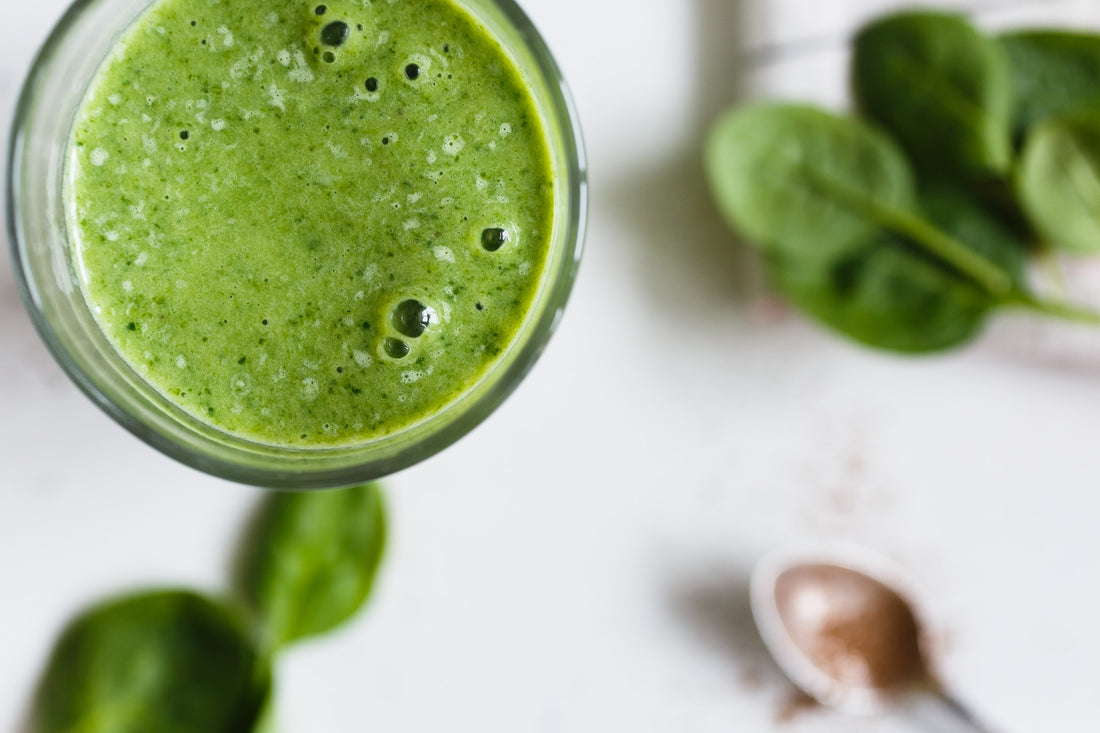How to identify food intolerances
Have you struggled with food allergies, intolerances and sensitivities in the past? More and more of us are becoming aware of certain foods that might not sit well with us. But why? And how do you know what to remove from your diet?
Certified Holistic Nutritional Consultant, Randy Merrimen breaks down symptoms and how to identify reactions to better manage our health, nutrition and immunity.  Photo by Alexandra Seinet on Unsplash
Photo by Alexandra Seinet on Unsplash
Nutrition practitioners always seem to want to take certain foods out of your diet. Not just the commonly known unhealthy foods, but seemingly healthy foods like eggs, peppers and corn. It seems so unfair and so difficult to eliminate some of these foods. Practitioners are telling you that these foods are responsible from everything from your inflamed back to your itchy skin. How could this possibly be?! Perhaps by understanding how food interacts with your body you will feel less challenged and more motivated to remove those foods from your diet and finally get some relief from some of those symptoms!
Many people are confused by the terms food allergies, intolerances and sensitivities and rightly so. In the case of food allergies, the body mistakes the allergen as a threat and there is an overproduction of certain antibodies. With repeated exposure of the offending food, the body becomes primed to release histamine and other powerful bio-chemicals in response to the allergen. It is these chemicals that cause the allergy symptoms.  Photo by Ben Garratt on Unsplash
Photo by Ben Garratt on Unsplash
Food sensitivities or intolerances are the result of an overproduction of the same antibodies. The results are more subtle, much more widespread than food allergies, but much less diagnosed.
Because symptoms of food intolerances can be so varied and are often delayed, many people don’t necessarily realise they are having food intolerance symptoms. You can eat a food you are intolerant to but not have any symptoms until a few hours later and sometimes even a few days later.
Symptoms of food intolerances include:
- gas and bloating
- congestion and sinus problems
- migraine headaches
- lack of focus
- low energy
- mood swings
- joint pains
- weight loss resistance
- skin problems like Rosacea or eczema
- asthma
-
autoimmunity
...to name a few.
No ‘one size fits all’ symptom
It’s important to remember that these symptoms do not always indicate a food intolerance but symptoms can be associated with them which can be tricky to figure out. If you suspect you may have food intolerances, keep a food journal and note down not only what you eat but how and what you eat makes you feel throughout the day including moods, energy levels, bloating, headaches, bowel movements and any other symptoms to see if you can find a pattern.
In many cases, food sensitivities or intolerances can be linked to a leaky gut. Leaky gut refers to an increasingly permeable intestinal wall. A healthy intestinal wall is selective and knows what should be let in and out and what should be absorbed back into the blood. Our intestines can become damaged over time due to stress, poor diet, poor digestion and medications which then weakens the intestines.
This results in particles of cells and foods that should be staying in the intestines - either to be digested further or to be eliminated from the body - and are then able to enter the bloodstream. This can be bacteria, toxins or even large food particles which haven’t been properly digested. When these particles get introduced into the bloodstream, the body doesn’t recognise them because they’re not supposed to be there in that form. So the body then mounts an attack against them as it would a virus or any other illness.
Happy gut, happy life
From a holistic point of view, a healthy life depends on good digestion and gut health. If we eat the right foods and take care to digest them fully, then our bodies will run more smoothly. If not, we run the risk of entering into a vicious cycle of allergies, poor digestion, and an increased likelihood of developing more food intolerances over time. This leads to an overburdened immune system that is unable to work as efficiently in fighting off illnesses and viruses.
How to know
There are options to find out if you have a food intolerance:
- Blood tests can check whether there is an increase in certain antibodies, of which they are usually looking for food allergies.
- You can go for muscle testing. A trained therapist will test the strength of your muscles and their response to the suspected allergen.
- Finally, you can proceed with an elimination diet which I think is the most reliable and thorough method of testing. This can be done two ways; you can follow a diet consisting of foods that would be very unlikely to provoke any kind of reaction. Or you can eliminate only those foods you suspect to be causing a problem to see if symptoms improve once removed. It’s best to follow either of these diets for several weeks and then slowly introduce the offending foods to see whether eating them again provokes any symptoms.
Once you have identified the problematic foods and removed them from your diet, it’ is important to begin some digestive repair work that will hopefully allow you to begin to eat these foods again without symptoms.  Photo by Suhyeon Choi on Unsplash
Photo by Suhyeon Choi on Unsplash
Digestive harmony
A great way to ensure you have sufficient digestive enzymes and levels of good bacteria is to start your day with squeezed lemon or apple cider vinegar in warm water. You can also do this before meals containing protein. Herbs can also support a happy intestinal wall; turmeric aids in reducing intestinal inflammation and slippery elm supports the lining of the small intestine.
The foods that work best for your body can be completely different from another person’s. It truly is individual. You can see that there truly is a ‘method to the madness’ of asking you to remove foods from your diet!
Randy is passionate about bio-individual, root cause health and nutrition and offers one on one consultation. She is currently studying Functional Nutrition with Andrea Nakayama from Holistic Nutrition Lab. For further questions contact: randy@randymerrimen.com





